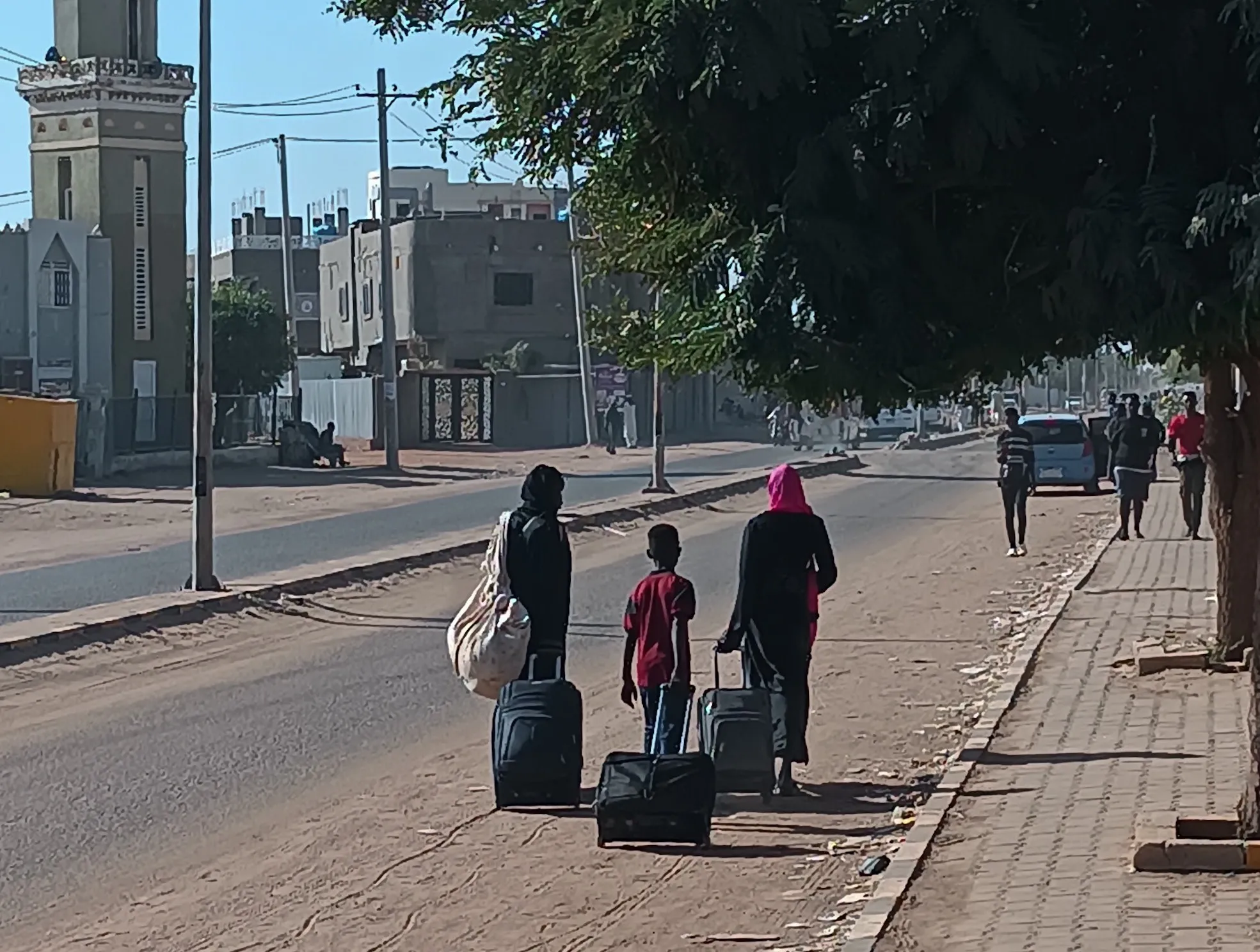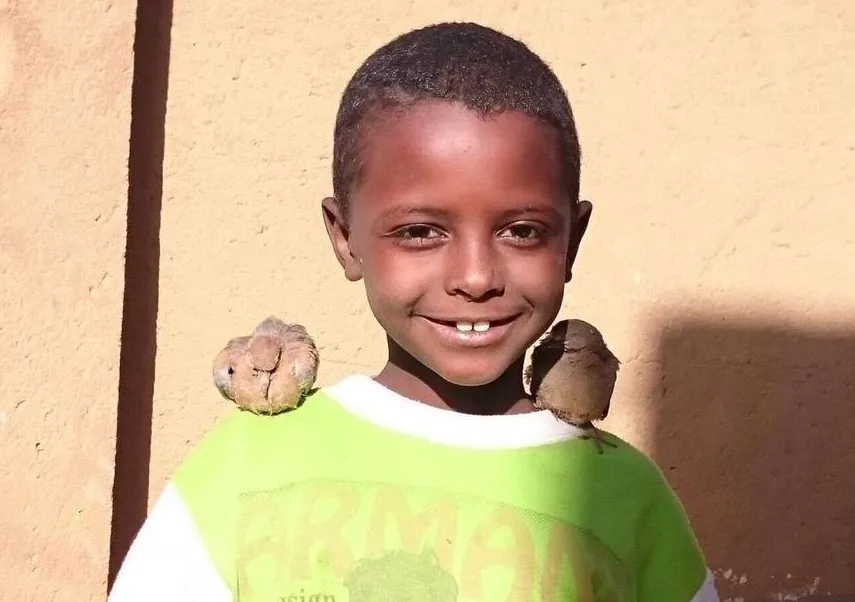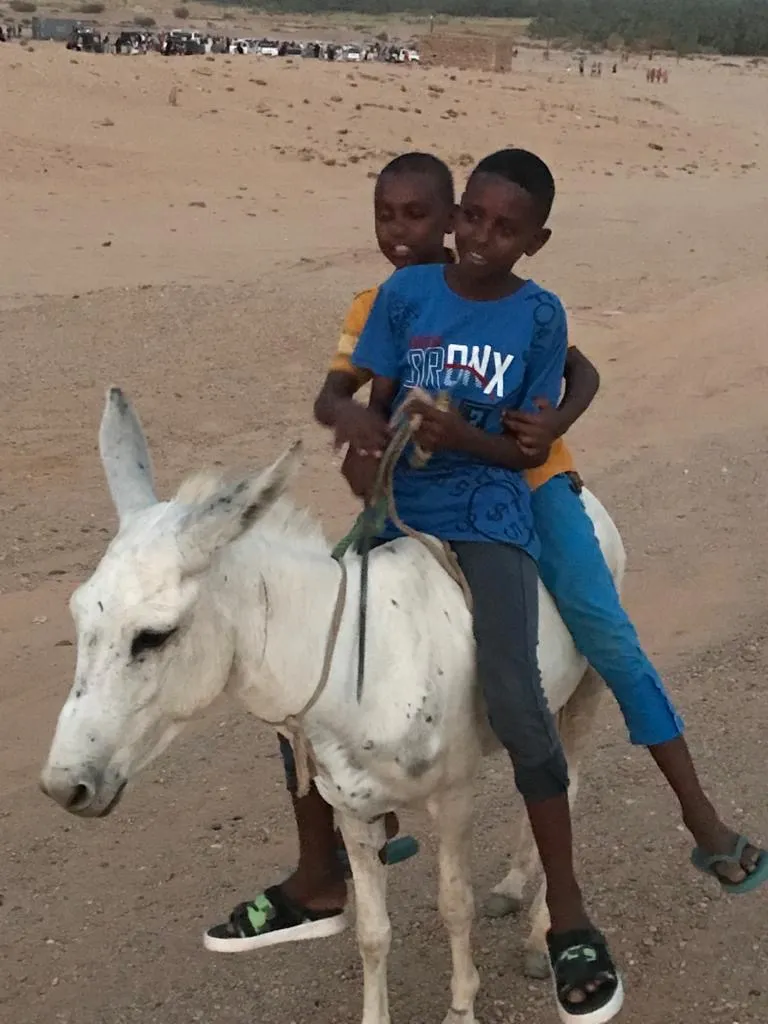Despite the years of conflict in Darfur, South Kordofan, and the Blue Nile that caused massive displacement, drove food insecurity and forced children out of school, Shakir was firmly rooted in the capital city, where he lived with his wife and five children and worked for CARE Sudan.
His older children were in school, with his oldest preparing to take a university exam and continue his education. On weekends Shakir visited the small farm he owned, delighting in the care of his sheep, goat, dogs, and chickens. Each Friday he would visit the grave of his father, who passed within the last year.
But in April, all that changed, as an armed group arrived in the city, bringing shelling, gunfire, and military checkpoints.
Shakir and his family endured for four months, during upheaval, danger, and instability, because he considered his humanitarian work too important to leave.
But when basic commodities like medicines, food, and mobile-phone service started to completely vanish in August, and when armed men started knocking on doors got as close as nearby neighbors, Shakir sent his family northward for their safety. Meanwhile, he traveled the opposite direction, about 120 miles south, up the Blue Nile to the city of Wad Madani, where CARE established a regional office. After 52 days Shakir found a place to live, and his family rejoined him.
A forgotten crisis
With the world’s attention largely focused elsewhere, Sudan has become a forgotten crisis. More than 7.2 million people have been displaced within and outside Sudan since mid-April 2023. Humanitarian workers like Shakir aren’t immune.











